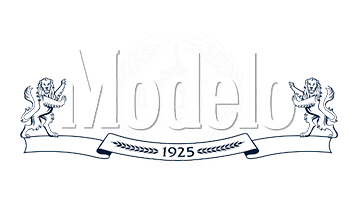Small businesses in the United States are more than places of commerce; they are pillars of their communities. They contribute to the local economy while standing as examples of sacrifice, grit, and resilience—proof that goals can be achieved even through hardships. Self-made entrepreneurs and family-run restaurants, workshops, and stores—especially those that seem to have been there forever—have weathered storms, defied odds, and stayed true to their vision. Their passionate, challenging, and inspiring stories often go untold.
El Camino of the Fighters is a series presented by Modelo that celebrates Latine-owned, family-founded, and family-run small businesses across the country. It highlights their resilience, fire, and determination, shining a light on everyday heroes who enrich their communities despite facing obstacles. Each chapter traces their journey from humble beginnings—often spanning decades—showcasing their entrepreneurial spirit while revealing the human emotions that fuel them. Through this series, Modelo honors people who refuse to give up and who let kindness and love guide their path.
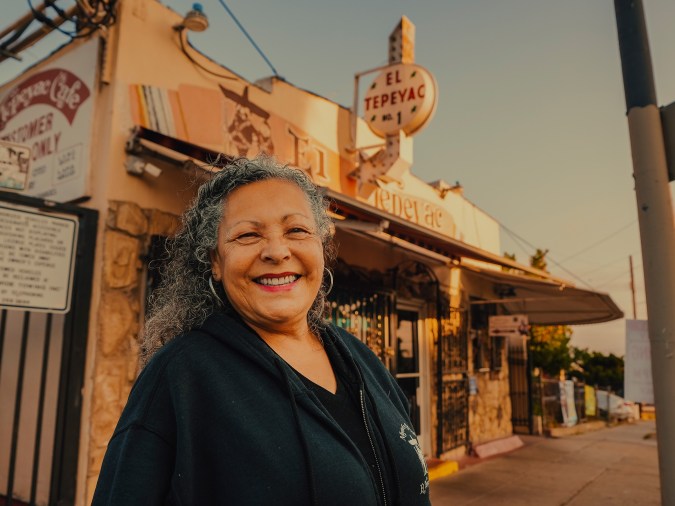
The series kicked off in Boyle Heights, Los Angeles, where we visited El Tepeyac Café. Manager Carlos Thome describes it with one word: “Family.” This refers not only to his position as the third generation behind one of the neighborhood’s most beloved institutions but also to how customers feel like family, embodying the community’s spirit.
Carlos’s grandfather, Manuel Rojas, transformed the business into something beyond a simple eatery. Manuel faced struggles from birth, yet never surrendered to challenges. “He kept fighting,” says his daughter, Elena Rojas, a spirit that she and her son Carlos remain committed to preserving.
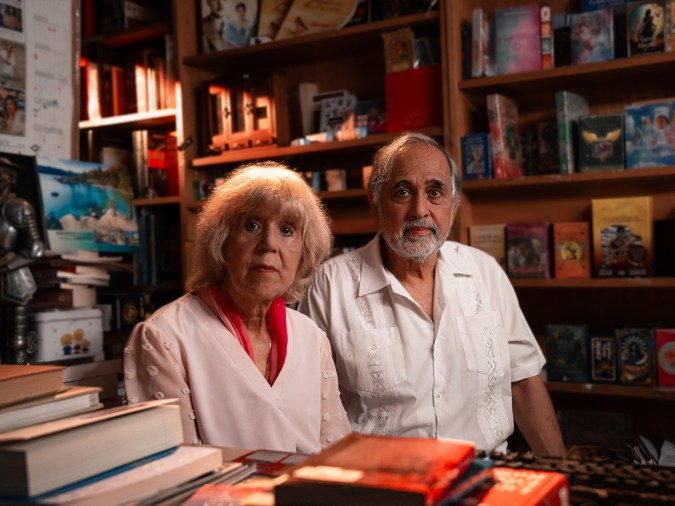
Over in Miami, a similar attitude has fueled what a journalist once called “a bastion of an extinguishing world in Miami.” Established 35 years ago, Revistas y Periódicos fulfills the ongoing dream of Norma Zevallos and Eduardo Durán. This couple boldly created a unique bookstore that stocks the finest Spanish newspapers, magazines, and books from across Latin America and Spain.
Escaping an increasingly challenging life in her native Colombia, Norma found an unexpected opportunity that changed everything: an offer to take over a failing Miami newsstand. She turned it around despite competition from e-books and online retailers. “The bookstores went away,” Eduardo reflects, “but books and readers didn’t. These people were orphaned, and we gave them a home.”

Our third stop took us to East Austin, where we discovered Joe’s Bakery’s decades-old story. Regina Avila, the current general manager, shares that her great-grandmother, Sofía, arrived in Texas “by horse and buggy” and served baked goods from her home in the 1930s. In 1962, Joe’s Bakery opened as a lifeline for Regina’s grandfather, who struggled with his mental health after serving in the Korean War.
After opening Joe’s Bakery, he faced constant rejection and obstacles, yet his perseverance paid off. Now, Regina carries this legacy forward, learning to assert herself while maintaining kindness. “As a young woman growing up in a Mexican American household, we are not taught to stand up for ourselves,” she says. “And something I have learned as a leader […] is that you can stand up for yourself in a respectful way. You can be kind, strong, and firm. It’s not one or the other.”
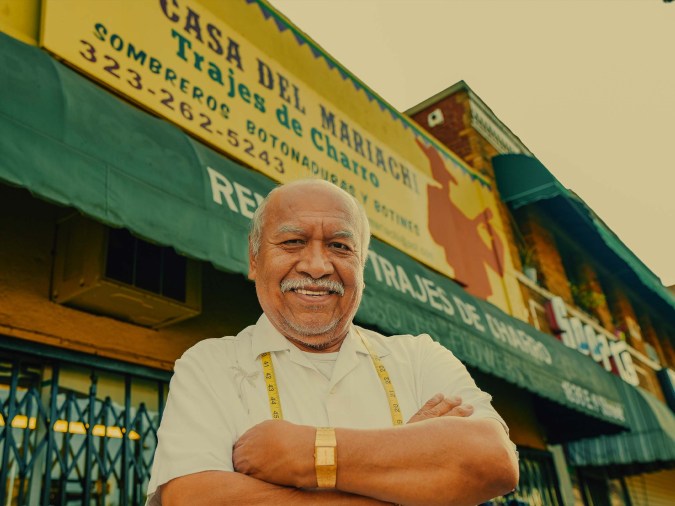
On our final stop, we met Don Jorge Tello—described by some as “the most Mexican Guatemalan”—at L.A.’s La Casa Del Mariachi. More than just a store selling charro suits, it stands as a living testament to tradition, resilience, and pride in craftsmanship. Jorge’s dedication not only enabled him to build a career from his passion in Los Angeles but also allowed him to make an immediate impact once he took control of his destiny.
Today, his clientele ranges from schoolchildren to international musicians, with orders coming from the U.S., Europe, and Australia. He remembers all his clients, many spanning multiple generations.
However, La Casa Del Mariachi’s journey hasn’t been easy—facing economic troubles, mounting small business loans, and sleepless nights. Yet Don Jorge moves forward with his head held high. “You have to keep fighting,” he says. “Like the old saying goes, ‘there’s no worse fight than the one that isn’t fought.’ We’ll keep going.”
All these fighters come from different Latine cultures and work across a range of crafts — from cooking to fashion design to community building. Yet, they’re united by a shared language of connection. No matter their background or medium, they all describe their work and relationship with customers using the same word: familia.
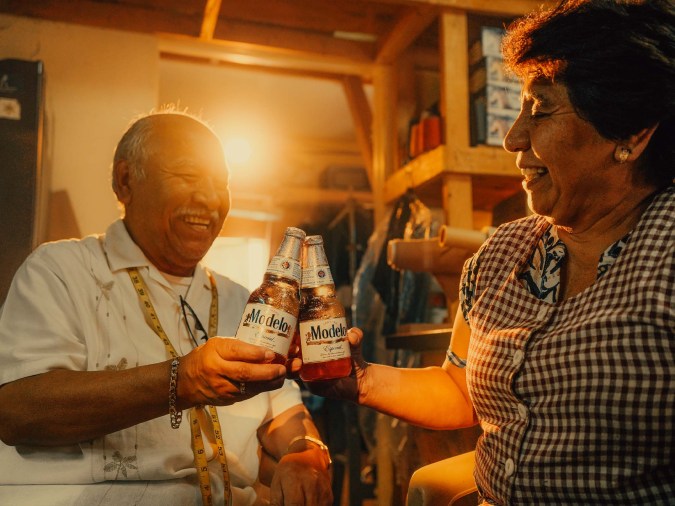
El Camino of the Fighters shows how neighborhood staples embody self-determination, perseverance, and deep love for their work and customers. They bring their passion to a broader clientele, whether through baked goods, rare books, custom-made charro suits, or giant burritos. They continue traditions that often started in a household kitchen, living room, or garage.
Modelo is proud to celebrate these unique stories and the people behind them, recognizing their strength and kindness. These fighters demonstrate that grit, resilience, and courage are rooted in family and culture, making each of their dreams worth fighting for.

